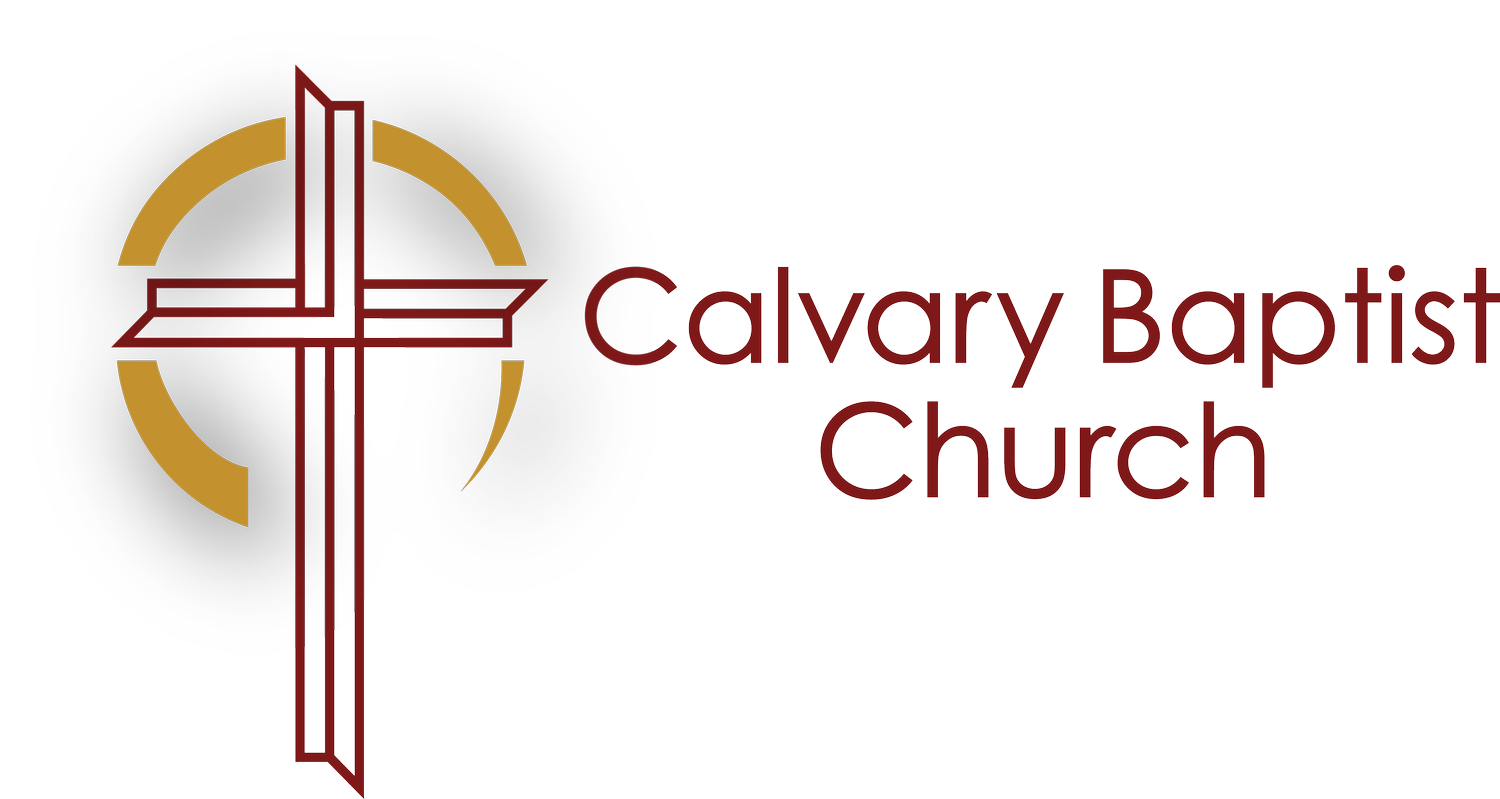Session #2- Fasting and Prayer
Introduction:
"You can pray without fasting, and you can fast without praying, but when you put the two together, they aid and amplify each other."- John Mark Comer.
Last session, we discussed how fasting is prevalent throughout Scripture and how it breaks our attachment to worldly things and can increase our dependence on God. Now we want to explore how the practice of fasting is used to aid and amplify certain forms of prayer and expression to God. If you were to trace the different examples of fasting found in the Bible, you would notice that it is commonly associated with one of these five categories of prayer:
1. Confession and Repentance (Leviticus 16:29-31, 1 Samuel 7:2-6, 1 Kings 21:27)
2. Grief and Lament (1 Samuel 31:13, Psalms 35:13-14, Daniel 9:1-3)
3. Crying out in Crisis (Esther 4:16, 2 Chronicles 20:1-4)
4. Intercession to Change God's Actions (2 Samuel 12:17-23, Jonah 3:6-10, Joel 2:13-14)
5. Discernment (Knowing God's Will in a Situation) (Judges. 20:26-28, Acts 13:1-4)
While we cannot discuss all of these Scripture references in-depth, we should note that each of these expressions of fasting is responding to circumstances and events where we recognize our utter dependence on God and our helplessness apart from him. They are the moments in life where we come to the end of ourselves and must rely on God's forgiveness, comforting presence, direction, and even his intervention.
We have already discussed the mystery of prayer and God's sovereignty in the previous prayer practices. Still, we want to stress that prayer and fasting are not about manipulating God or pressuring him to give us what we want. As we will see in Scripture, sometimes prayer and fasting lead to spiritual breakthrough and answered prayer, and sometimes it does not. In all forms of prayer, we seek to adopt the prayer of Jesus in the garden, who though he was pleading with God for deliverance, was willing to say, "Not my will, but yours be done." Fasting is a way to pray with our entire body, and though there is a mystery in how it relates to answered prayer, we must recognize that it is a valuable resource for expressing to God our hunger for him to move in our life.
What are your thoughts on these categories of fasting and prayer? Why do you think fasting is an appropriate response in each of these situations?
Read 1 Samuel 1:4-11; 20 and 2 Samuel 12:15-23 Together and Discuss
What stands out to you in these passages? Which categories of prayer from above do these examples fall into?
Why is it important to recognize that God responds favorably to fasting and prayer in one instance, and in another, he does not? What does this teach us?
Read Joel 2:13-17 Together and Discuss
What stands out to you in this passage? Which categories of prayer does this example fall into?
Why do you think fasting is an appropriate response in Joel's situation? How could fasting help us process our own repentance and grief?
This Week's Practice:
Choose a day to practice fasting during the coming week. We recommend that your community decide on a day to begin the fast together. Because of various experiences with fasting or differing health concerns, allow each member to determine the length and nature of their fast privately. As you fast, allow the hunger you feel to prompt prayer. Use the time you would typically eat in prayer. Select one of the categories below and let that guide your prayer and fasting:
Confess and Repent: Is there a sin you need to confess and repent from?
Grieve and Lament: Is there something you need to grieve? Have you experienced a loss you need to hold before the Lord in prayer and fasting? Is there a local a national event that you need a way to process and grieve?
Crying Out in Crisis: Are you in or on the brink of a crisis and need God's intervention?
Intercession to Change God's actions: Is there an area of your life in which you want to see change? Do you need to wrestle with God about a situation where you want to see an answer to prayer?
Discernment: Is there an area of confusion in your life about which you'd like to know God's will? Are you making a big decision and desperately need to hear what God wants to happen?
Sometimes God speaks something into our hearts during a fast. Make sure that you write down anything you feel God might be speaking or leading in you. Reflect on these things:
Is what I heard something I find in the Bible? Does it contradict something in the Bible? (Note: God will never say something to you that contradicts what he has already spoken in the Bible.)
Invite someone from your community to pray with you about what you've heard and to help you discern its source.
Consider what your next steps in response to what God’s leading will be.
Remember to be gracious to yourself as fasting is a new and challenging practice for most of us, and no one, especially not God, expects you to be an expert. Trust that God can use your humble obedience to help you grow in Christlikeness in every aspect of your life!
